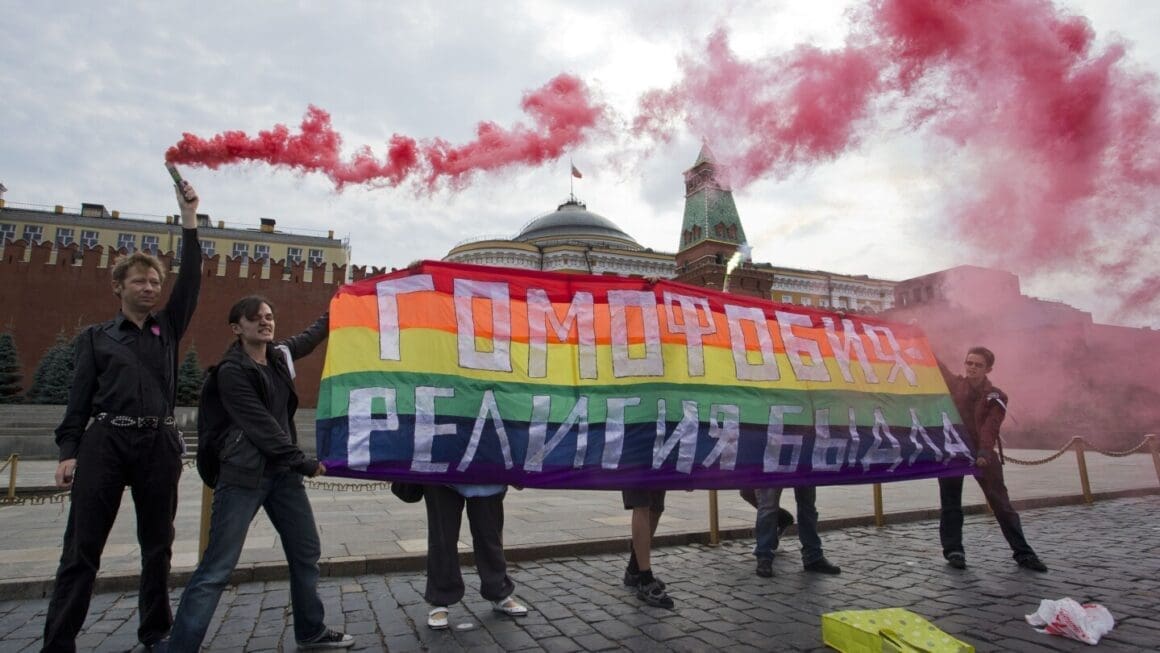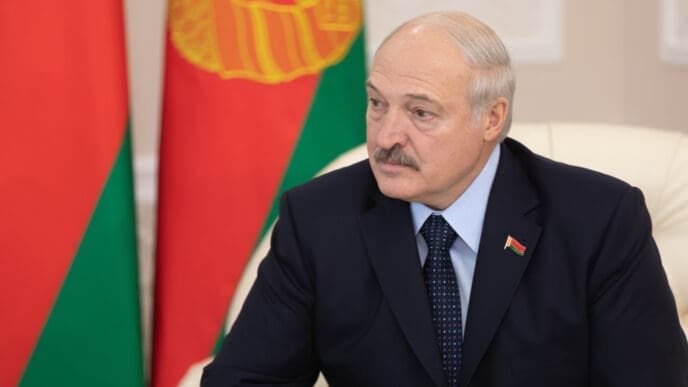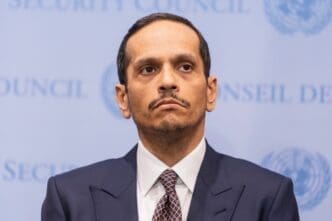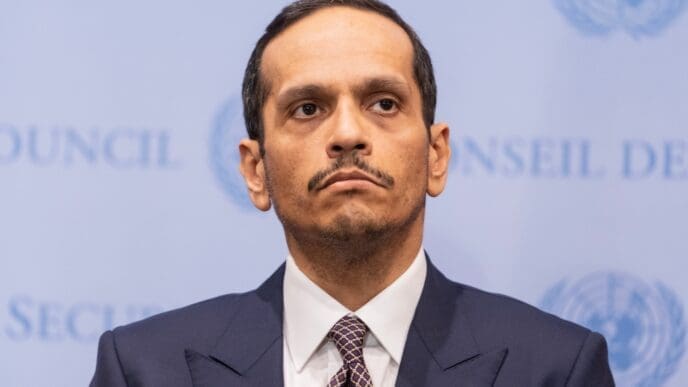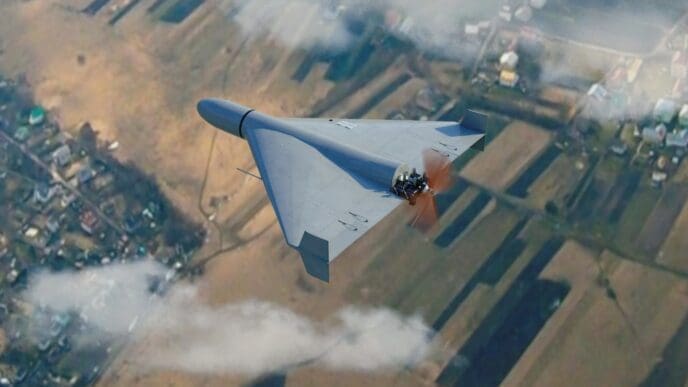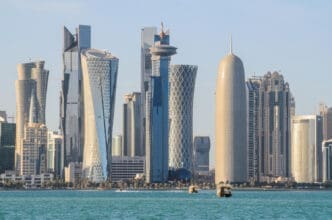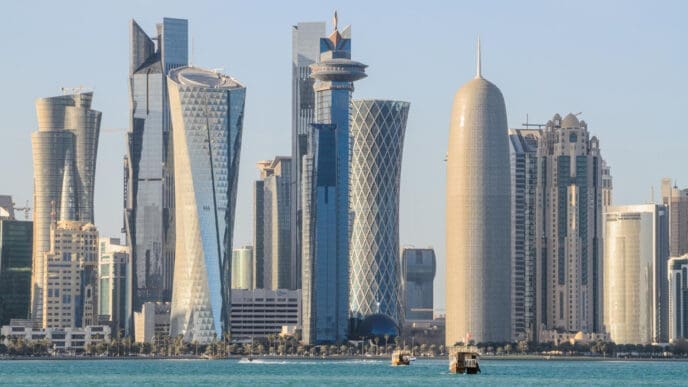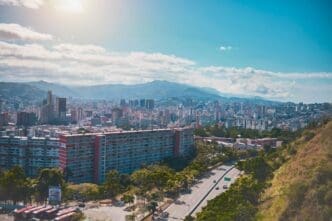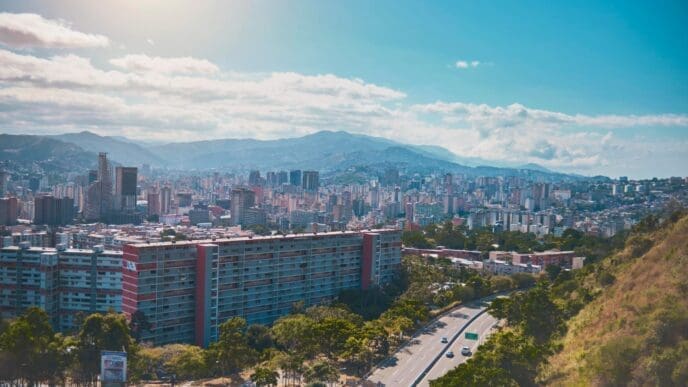Thousands of demonstrators have gathered in Hungary’s capital for the fourth consecutive week, protesting against a new law introduced by Prime Minister Viktor Orbán’s nationalist government that bans LGBTQ+ Pride events. This legislation, which was expedited through parliament in March, prohibits events depicting homosexuality for individuals under 18. The move has sparked accusations of undermining democracy ahead of the national elections next year.
The law criminalizes organizing or attending events like Pride, a measure that legal experts and human rights organizations view as a direct assault on Hungary’s LGBTQ+ community and a violation of the right to assemble. Authorities have indicated the potential use of facial recognition technology to identify attendees of banned events, including the popular Budapest Pride, which draws tens of thousands annually. Violators could face fines up to 200,000 Hungarian forints (€490).
Protestors occupied Erzsébet Bridge over the Danube River, demanding the repeal of the legislation. Some expressed intentions to remain on the bridge overnight, with reports suggesting plans to block all five central Danube bridges. The protest was notably peaceful, with no violence reported.
Efforts to engage with Orbán’s government appear to have stalled, prompting protestors to take a stand. Defying police orders, they remained on Budapest’s bridges and main roads. In a rare show of dissent outside the capital, hundreds also protested in Miskolc, a city in eastern Hungary.
The government has defended the law as a measure to protect children from “sexual propaganda.” However, with Orbán’s party experiencing challenges in the polls, critics argue that this law is part of a broader strategy to blame sexual minorities and galvanize his conservative base.
The Bottom Line
- Restrictions on LGBTQ+ events could impact the community’s visibility and acceptance, potentially leading to increased discrimination.
- The use of facial recognition technology raises privacy concerns and may deter individuals from participating in protests.
- Fines for attending banned events could financially burden individuals and discourage public demonstrations.
- Protests and civil disobedience could strain relations between citizens and law enforcement, affecting community trust.
- The law may influence public opinion and voting behaviors, playing a significant role in upcoming national elections.


